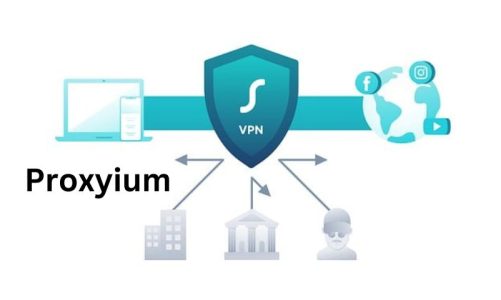Unicorn companies are those private companies that, in terms of investment, have a value of more than one billion dollars (883,744 euros) without being listed on the Stock Exchange. These companies are usually technology startups created by entrepreneurs whose age is around 30-35 years, that is, the companies are made up of a young team.
In this article, we are going to discover why they are called that, which are the most important, and which Spanish companies are part of this exclusive list.
How Does This Term Arise?
This term became known in 2013 thanks to the article ‘Welcome To The Unicorn Club: Learning for Billion-Dollar Startups’ by investor Aileen Lee, founder of Cowboy Ventures. And it is that, after analyzing several startups with less than 10 years of age, Lee realized that only 0.07% of the companies backed by venture capital funds.
The businesswoman shuffled terms such as a Home run or mega-hit to address these companies but finally opted for ‘unicorn’ to review how difficult it was to find one of these companies.
At that time, Lee accounted for 39 software entities in the United States valued by investors at more than a billion dollars, including Facebook, LinkedIn, Workday, Twitter, Groupon and YouTube, among others.
According to data from CB Insights, in November there were around 900 unicorn companies around the world. Some of the most valuable are:
- Toutiao – Bytedance (China): news platform that offers personalized content.
- Uber (USA): a mobile application that provides transport vehicles with drivers.
- Didi Chuxing (China): transport company that provides rental vehicles.
- WeWork (USA): a company that offers shared workspaces (coworking).
- Airbnb (USA): a platform that offers vacation or tourist accommodation.
- SpaceX (USA): a company dedicated to aerospace transportation.
- Epic Games (USA): video game development company. For example, Fortnite.
Most of these startups stand out for their technological component, whether in the mobile and telecommunications sector, transport, Artificial Intelligence, Fintech, travel, logistics, cybersecurity, hardware, or e-commerce, among others.
In addition, unicorn companies play a strong role as innovative businesses with strong private investment, since investors find this type of company very attractive because they tend to focus on untapped business niches or with little competition that they can lead. the market.
Where Are Most Of These Companies Located?
The United States is the country that receives the most unicorn companies and accounts for almost half of the list with 40%. Next, we find China with 26%, and then, with much less representation, the United Kingdom (5%), India (4%), Germany, and South Korea, both with 2%.
.Some examples are Idealista, Wallbox, Cabify, Glovo, Devo, and eDreams. The latest to join this select group is Madrid-based Jobandtalent, which after 12 years of trying to achieve this status, has managed to close an investment round of 500 million dollars by Kinnevik and SoftBank, which raises the company’s valuation to 2.35 billion dollars.
The second unicorn was Glovo, the famous order delivery company founded in Barcelona in 2015. It is a company that took very little time to be part of this exclusive list since it took only 4 years to exceed 1,000 million euros.
As a novelty, the startup Wallbox, in charge of developing chargers for electric vehicles, has been the first Spanish company that has managed to position itself on Wall Street. Since October 2021, it has been listed in New York after going public through a special purpose investment vehicle, a mechanism known by the acronym SPAC. The transaction has made its co-founder, Enric Asunción, one of the hundred richest people with a net worth of 325 million euros, according to Forbes.
Key Characteristics Of Unicorn Companies
There is no exact formula to achieve the success of this magnitude, but there are a series of common points that can pave the way:
- Use of social networks: All unicorns are characterized by the continuous use of these tools to reinforce communication with their customers or followers. They use Twitter, Facebook or Instagram, among others, to get the message they want to convey to the public but with a minimum investment.
- Always keep the customer at the center: They follow a consumer-centric business strategy, that is, the customer is always present in the ideation, manufacturing, and after-sales processes because the user shopping experience is key for these startups. In addition, many of them offer B2C services in order to reduce the number of intermediaries and reach the final consumer directly.
- Global and rapid expansion: Unicorn companies seek internationalization and have a scalable business model. In this sense, the strategy they follow is to get big fast to get a larger dimension as quickly as possible.
- Diversity of the team: these are companies that bring together many cultures and disciplines since they are committed to very varied professional profiles to strengthen the disruptive ideas that can be generated and obtain many more points of view. In addition, they are young companies that are characterized by giving high priority to talent and creativity.




